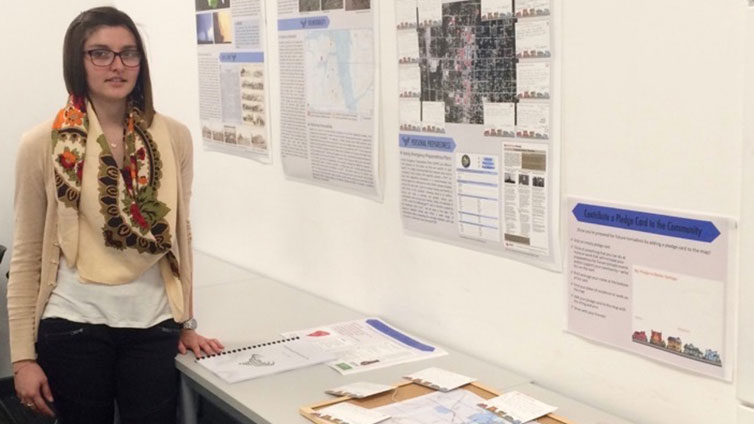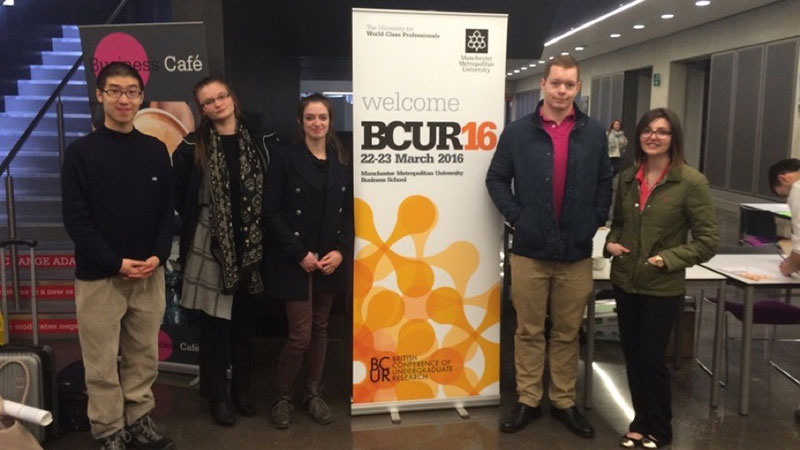Meet Alex(andra) Hamilton. As an undergraduate student of Geography and Education Studies at Oxford Brookes University, Alex had an academic article accepted in GEOverse, an e-journal of Undergraduate Research in Geography. And while her contribution to the wider academic community now takes the form of a polished piece, it all began with preliminary work completed for a project that Alex was assigned as a part of Oxford Brookes’ Geography curriculum. How, then, did she turn initial ideas from one second year module into a finalised research product by the time of her graduation?
It all began with a module called Geography, Research and Practice. Alex’s cohort completed group research projects on various topics in Malta, the location of the second year field week. With her team members Alex chose to research retirement migration in Malta, and the sense of ‘home’ that the participants experienced. While such a task may seem typical of university coursework, its distinctive mark lies in the nature of how such work is assessed: students had to present their findings in the form of a journal article that is peer-reviewed by their tutors. In this sense, receiving feedback becomes an experience that authentically resembles the way in which academics regularly improve their work. Undoubtedly, this opportunity gave Alex and her class mates insight into how research is conducted at a professional level.
Soon afterwards, Alex sought out other opportunities to engage in research. For instance, she used the freedom offered by her interdisciplinary dissertation (combining her joint honours disciplines of Education Studies and Geography) to explore the nature of distance education through Skype. After undertaking the data collection, Alex submitted an abstract to the UK’s British Conference for Undergraduate Research; upon successful admission, she took her findings to their annual conference in Manchester where she was able to receive feedback on her paper presentation and take the ideas forward into her dissertation.
Similarly, in taking up an Independent Study Module - in which students have the freedom to choose a topic, as well as the format of their assessment - Alex built on her knowledge from a previous module on Environmental Hazard Management, and undertook research to develop her learning. She explored tornado disaster preparedness in a community in Kansas and took her findings to the Get Published! Student Research Conference.
While there, Alex was once again able to receive feedback on her work, eventually culminating in the creation of a museum exhibit that was displayed in Kansas, USA in August 2016. From this experience alone, Alex realised how academic work could engage, and even contribute, to the lives of those outside the confines of scholarship - her work focuses on what individuals in tornado-stricken zones can do to be better prepared when tornados strike in the future.
In light of all of her experiences with research, Alex embraced the value of engaging with multiple types of dissemination, thereby gaining confidence in the entire research process. Thus, when it came time to write a real journal article for GEOverse, she successfully managed the process of tailoring her work, receiving feedback and re-drafting accordingly. It comes as no surprise, then, that her research into retirement migration in Malta was suitable for wider dissemination in a national student journal.


